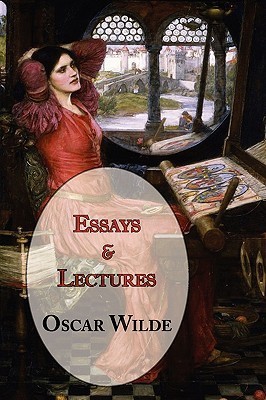What do you think?
Rate this book


124 pages, Paperback
First published January 1, 1879
«La influencia del crítico reside en el mero hecho de existir. Significará el “arquetipo” perfecto. La cultura del siglo tendrá conciencia de sí misma en él. No tiene otra finalidad que la de su propia perfección. [...] El crítico, ciertamente, puede sentir deseo de imponerse; pero si es así, no tratará al individuo, sino a la época, a la que intentará despertar a la conciencia, conmoverla, creando nuevos deseos y ansias (p. 88 de esta misma edición)»